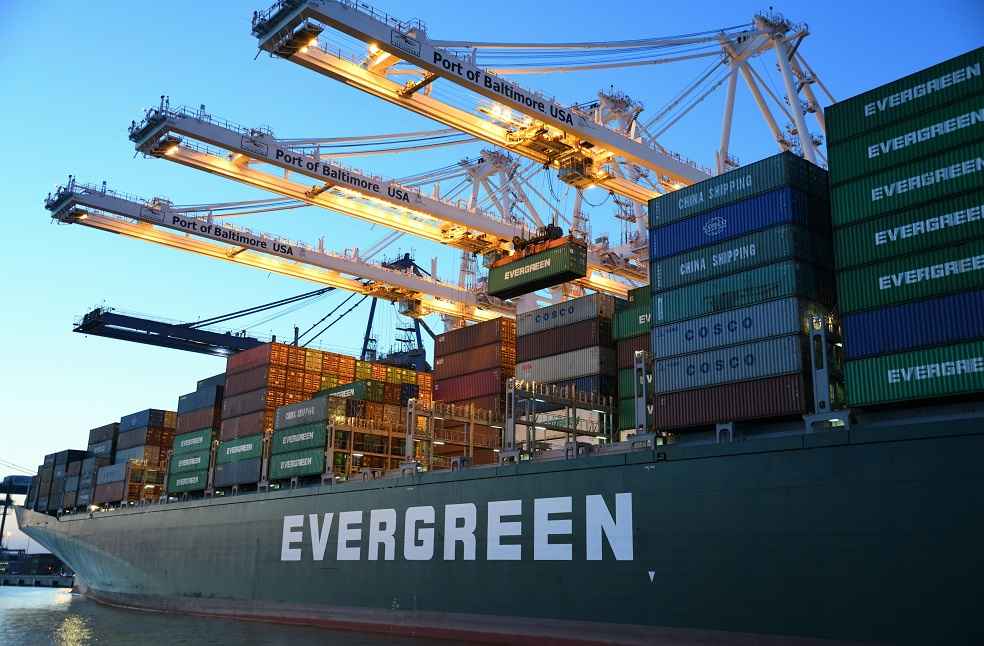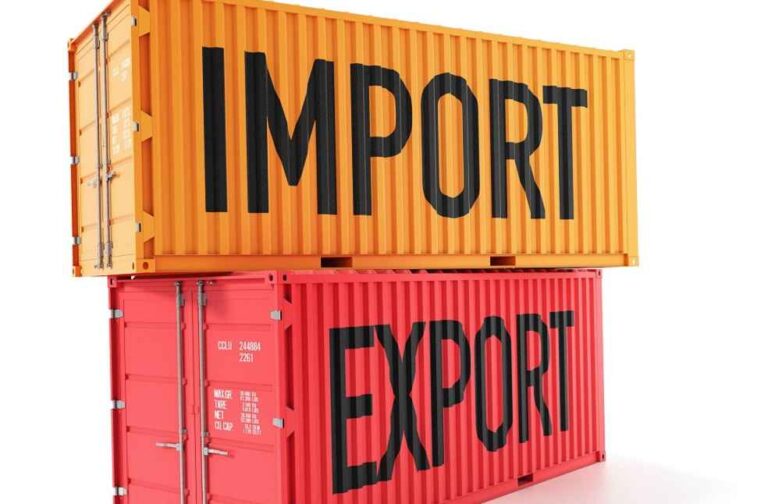New Delhi: India experienced a trade deficit, the difference between imports and exports, with nine of its top 10 trading partners during the fiscal year 2023-24, according to official data released today.
The deficit increased with China, Russia, Korea, and Hong Kong compared to the previous year. However, the trade gap narrowed with the UAE, Saudi Arabia, Indonesia, and Iraq.
China emerged as India’s largest trading partner, with bilateral trade reaching USD 118.4 billion, surpassing the United States. Trade with the US, which was India’s top trading partner in the two previous years, amounted to USD 118.28 billion.
While India has a trade surplus with a few countries like the US, UK, Belgium, Italy, France, and Bangladesh, the overall trade deficit narrowed to USD 238.3 billion from USD 264.9 billion in the previous year.

Immediate Impacts:
- Currency Depreciation: Higher imports compared to exports can lead to a decrease in the value of the domestic currency. This makes imports more expensive and can fuel inflation.
- Increased Borrowing: To finance the deficit, countries may need to borrow from foreign lenders, leading to higher debt levels and potential economic instability.
- Job Losses: If a country is importing more finished goods, it can hurt domestic industries and lead to job losses in those sectors.
- Economic Vulnerability: Reliance on imports for essential goods can make a country vulnerable to supply chain disruptions and price fluctuations in the global market.
- Lowered Investor Confidence: A persistent trade deficit can signal economic weakness and deter foreign investment.

Trade experts point out that a deficit is not always negative if imports consist of raw materials or intermediary products that boost manufacturing and exports. However, it can put pressure on the domestic currency.
Economic think tank Global Trade Research Initiative (GTRI) emphasized that a bilateral trade deficit is not a significant concern unless it creates excessive reliance on a particular country for critical supplies. However, a rising overall trade deficit can harm the economy.
To address the growing deficit, India may need to increase borrowing from foreign lenders, potentially impacting foreign currency reserves and investor confidence. Experts anticipate that after the ongoing elections, new policies could be implemented to tackle this issue and improve economic stability.
MOST READ | Gold Mining Severely Threatens Environs



